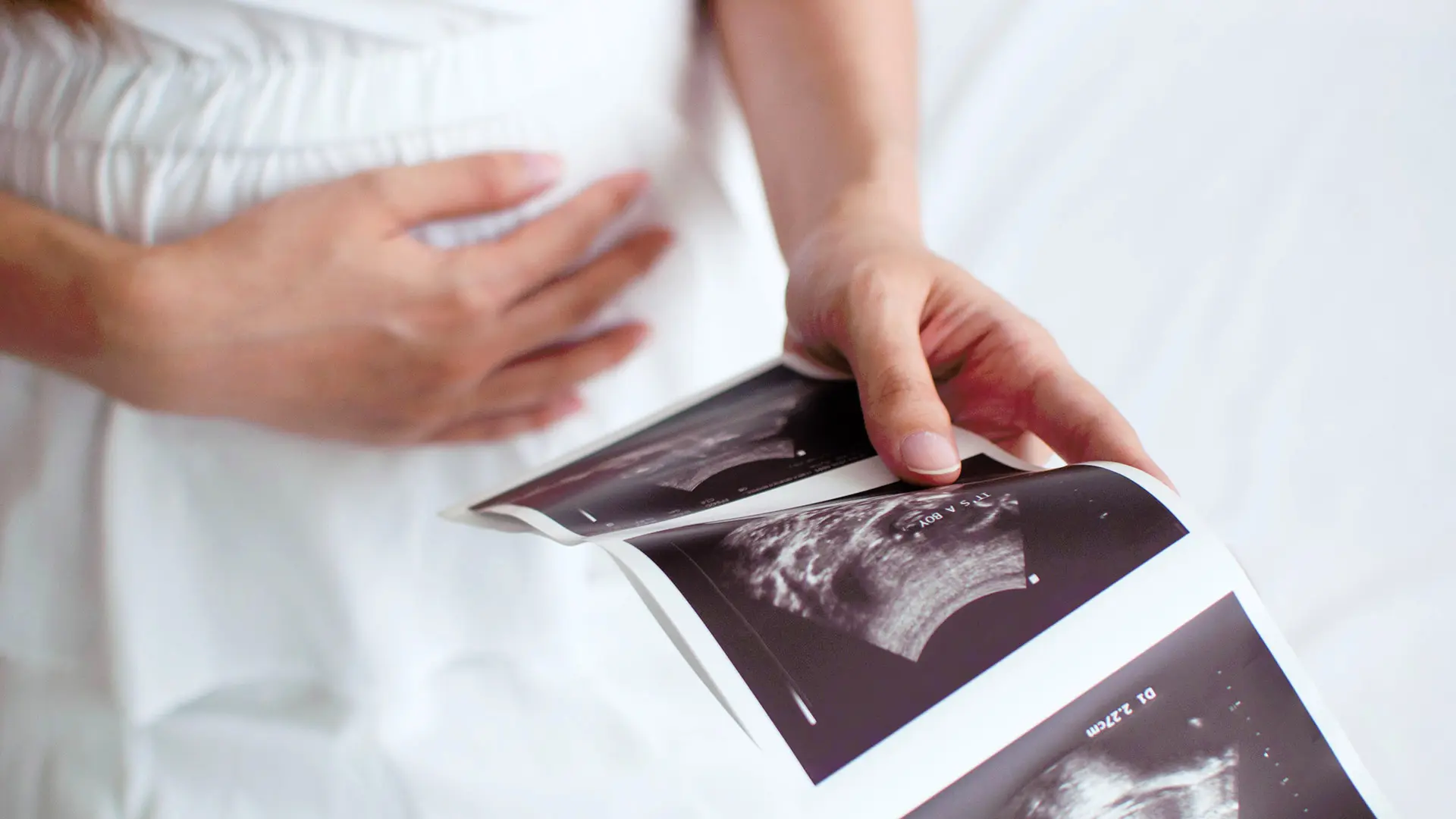Over the 9 months of pregnancy, you will experience numerous changes to your body that are necessary to assist with foetal development and prepare for labour.
Some commonly known changes include skin stretches, weight gain, swelling in ankles and feet due to extra fluid in the body, a slight increase in body temperature during the first 16 weeks, morning and evening sickness during the first trimester, and leg cramps due to weight gain. You can also expect the following:
Changes to the breasts
Due to increased levels of the hormones oestrogen and progesterone, the expectant mother’s breasts may become tender and increase in size in preparation for breastfeeding during delivery. Your nipples may protrude more. By the third trimester, a yellow, watery pre-milk known as colostrum may start leaking from the nipples.
Hormonal changes
By weeks 10 – 12, the placenta acts as a temporary gland to produce large amounts of oestrogen and progesterone, hormones that are vital in creating and maintaining the conditions required for pregnancy. The increased hormonal levels may cause pregnant women to have an increased basal metabolic rate, feel warmer and experience ‘hot flushes’. Some women will also experience changes in hair and nail texture and growth during pregnancy.
Nearing the end of the third trimester, the posterior pituitary, which is a gland in the brain, will start secreting the hormone that kickstarts the birthing process via contraction of muscles in the uterus. During delivery, the posterior pituitary will start secreting a hormone that stimulates the production of breast milk.
Changes to the heart & cardiovascular system
During pregnancy, more blood vessels grow and blood volume increases within the cardiovascular system. The pressure of the expanding uterus on large veins also causes the blood to slow in its return to the heart. This leads to increased cardiac output, elevated resting heart rate, and a decrease in blood pressure during the second trimester.
Changes to the stomach & digestive system
Pregnancy may bring about increased gastric reflux and heartburn, and increase in constipation symptoms, due to the womb rising to the upper abdomen. By the end of the second trimester, the top of your womb will be near the rib cage. This action pushes the intestines and stomach upwards, resulting in changes to your regular bowel movement. The stretching of the abdominal wall and ligaments supporting the uterus may also cause abdominal discomfort and pulling pains.
Changes to the urinary system
Pregnancy increases the workload for both kidneys due to extra waste from fetus. The expanding uterus also places pressure on the urethra, bladder, and pelvic floor muscles. This may lead to temporary bladder control problems and frequent urination.
Changes to the musculoskeletal system
During pregnancy, the spinal curvatures realign to maintain balance, which results in a posture shift usually seen in women later into their pregnancy. The ligaments that hold the pelvic bones together also gradually loosen during pregnancy to prepare the mother for labour and birth.




